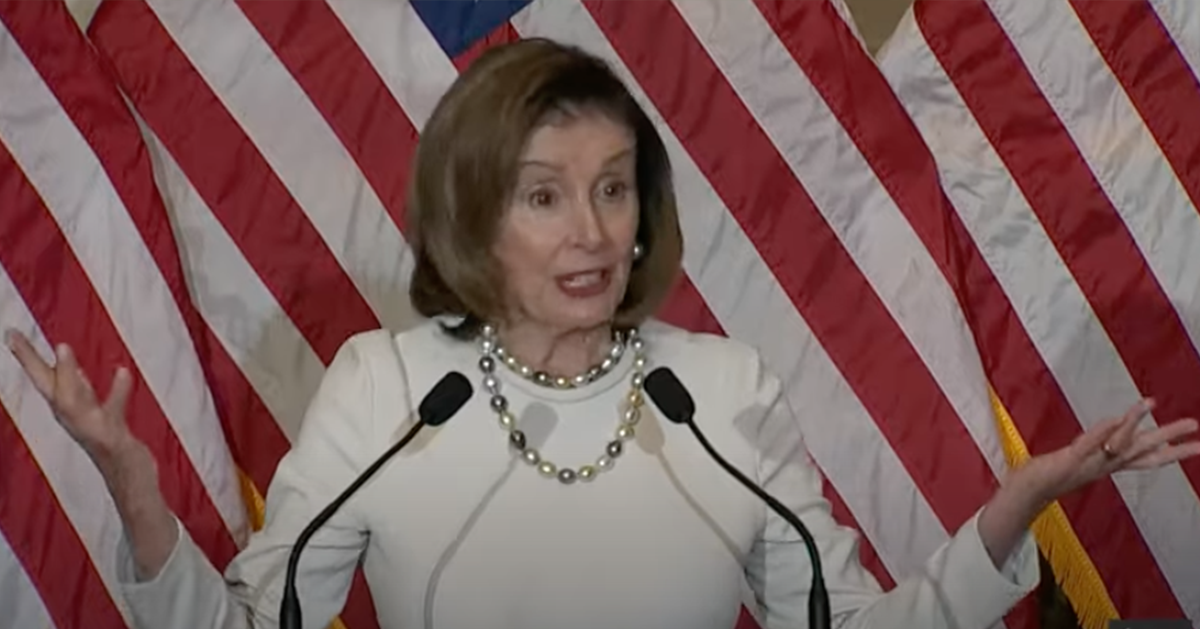Trump Attempts to Postpone NY Sentencing Until After Election
In a recent legal maneuver, Donald Trump's defense team has requested a postponement of his upcoming New York sentencing, initially set for Sept. 18, arguing it should be delayed until after the presidential election.
As part of their effort to defer the legal proceedings, Trump's lawyers have referenced a critical recent U.S. Supreme Court ruling to bolster their request for delaying the sentencing until after the presidential election, as MSNBC reports.
The legal team sent a letter to Judge Juan Merchan on Wednesday, making a case for the adjournment. They highlighted the Supreme Court's ruling issued on July 1, which introduces a form of presidential immunity in criminal cases, as a pivotal factor in their argument.
Initial Sentencing Postponed Due to Legal Developments
Judge Merchan had previously rescheduled Trump's sentencing from July to the current date in September, following the new immunity ruling. This decision set the stage for a reconsideration of Trump's earlier requests, which included a motion for Merchan to recuse himself due to alleged conflicts of interest -- a request that the judge denied.
Furthermore, on Sept. 16, just two days before the rescheduled sentencing, Merchan is expected to make a ruling on Trump's motion to overturn his May guilty verdicts. This motion was influenced by the Supreme Court's immunity decision.
Trump’s Legal Strategy and Its Implications
Trump's attorneys, Todd Blanche and Emil Bove, assert that the delay is crucial to provide Trump sufficient time to evaluate and potentially engage in both state and federal appeals, should the motion's outcome be unfavorable. They equate the immediate appealability of any denial of the motion to similar rights found in pre-trial contexts due to the Supreme Court's recent decision.
The letter to Judge Merchan further argues that proceeding with sentencing could lead to "peculiar public opprobrium," a scenario the Supreme Court previously described as prejudicial. It stresses that such prejudice could impact Trump personally and politically, potentially harming the presidency itself.
Trump’s legal team insists that this unique procedural posture necessitates a postponement. They argue against the prosecution's ability to file a public sentencing submission, which they say could introduce undue prejudice into the proceedings.
Legal Arguments and Presidential Immunity
The defense team underscores the Supreme Court’s interpretation of immunity, particularly how it applies to Trump's situation, which they claim warrants a different procedural approach given that his case is post-trial.
The attorneys emphasize the need for Trump to have the opportunity to appeal any decision on his motion in a manner akin to pre-trial immunity appeals.
By citing the Supreme Court's description of potential penalties as a "threat of punishment," Trump's lawyers argue that allowing a public filing by prosecutors could severely prejudice Trump and interfere with the integrity of the presidential office.
“A single business day is an unreasonably short period of time for President Trump to seek to vindicate these rights if he must,” the defense argued in their letter, highlighting the urgency and significance of their request for delay.
Implications for the Presidency and Judicial Process
Trump’s team expresses concerns over the impact of proceeding under the current circumstances, suggesting that it could lead to an unfair treatment that extends beyond Trump to affect the presidency.
“Prosecutors should not be permitted to file a public sentencing submission that will include what the Supreme Court described as the ‘threat of punishment,’ in a manner that is personally and politically prejudicial to President Trump and his family, and harmful to the institution of the Presidency as a result of the type of ‘peculiar public opprobrium’ associated with these proceedings that troubled the Trump Court,” they argued.
The upcoming decisions by Judge Merchan could set significant precedents regarding presidential immunity and the interplay between federal rulings and state-level criminal proceedings.
Conclusion
In summary, Donald Trump’s lawyers have appealed for a postponement of his sentencing, scheduled for Sept. 18, until after the presidential election, citing a Supreme Court decision on presidential immunity.
This legal strategy emphasizes the need for adequate time to pursue appeals and addresses concerns about potential prejudice in public and political arenas.
The decision on this request and the subsequent legal actions could have profound implications for the presidency and the broader legal landscape in the United States.




